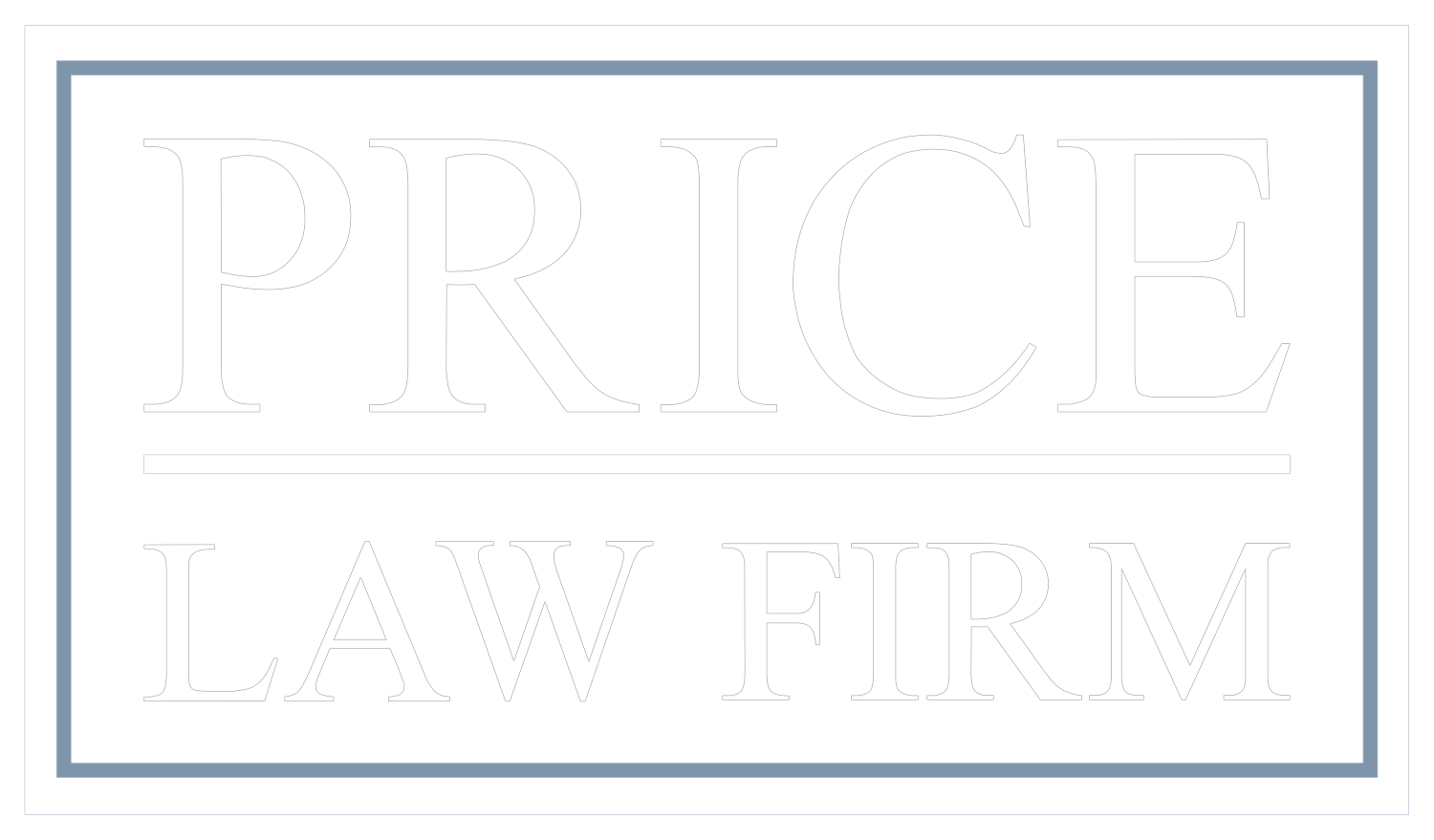
Use and Occupancy – Not Always Fair
There is a concept in the world of landlord-tenant law called “fair market use and occupancy”. What does this mean? When a landlord and a tenant are embroiled in litigation a court will often order (or the parties may agree) that the tenant will pay the monthly rent to the landlord during the pendency of the litigation. These “rent” payments during the litigation are called use and occupancy. After a landlord starts a holdover proceeding against a tenant the landlord will usually make a written motion to the court asking for an order directing the tenant to pay use and occupancy during the pendency of the proceeding. Except in rare instances, it is an abuse of the court’s discretion to fail to order the use and occupancy payments and those payments will always be in the amount reserved in the lease.
Usually though the landlord has the expectation of greater relief from the tenant than simply the rent reserved in the lease. A holdover proceeding begins with the service of a notice of termination (a notice telling the tenant that he/she must vacate on or before a certain date). When the tenant fails to vacate the tenant can be said to be holding over in possession of the space without the permission of the landlord. During this holdover period the landlord would be renting the apartment to a tenant seeking to receive what the market would dictate. Because the tenant is in possession the landlord cannot seek to collect a fair market rent from a new tenant.
As a result, what will often happen after the conclusion of the lawsuit and the departure of the original tenant is that the landlord will ask the court to order the original tenant to pay the difference between the fair market value of the space and what the tenant was actually paying. For instance, if the tenant was paying $500/month but the fair market value was $1,500/month and we assume that the tenant remained in possession for 10 months after termination then the tenant would owe $10,000.
A recent decision from the Appellate Term, First Department affirmed an old principle of law that should serve as a reminder that landlords and tenants alike must be careful when an order is written or a stipulation entered into concerning use and occupancy. In the case of Sixty Second v. Minuto, 2012 NY Slip Op 51373(U) (1st Dept. App.Term 2012) the Appellate Term affirmed an order of the Housing Court denying a landlord fair market use and occupancy when the landlord had previously stipulated to accept use and occupancy at the current rent. Because the landlord did not include a provision providing that use and occupancy payments would be without prejudice to a future claim for fair market use and occupancy, the appellate court held that the claim had been waived.
A lesson to the Bar is that when agreeing to use and occupancy payments – be sure to know whether you have waived future rights.
Don’t leave your legal matters to chance. SCHEDULE A CONSULTATION OR CALL US AT (212) 675-1125 for a personalized consultation and let our experts guide you through every step of the process.
Joshua Clinton Price
Founder of The Price Law Firm LLC
Josh Price is a lawyer who is sought by clients with complicated cases because of his extensive knowledge of the law and his ability to help the law evolve.
Search an article
Contact Us for a
FREE Consultation
Blog (Website Form)

Facing a real estate issue?
Contact us to schedule a consultation and get expert legal advice tailored to your specific needs and circumstances.
OR CALL US NOW AT:
SHARE THIS ARTICLE:
Recent Posts
Get Expert Legal Advice









